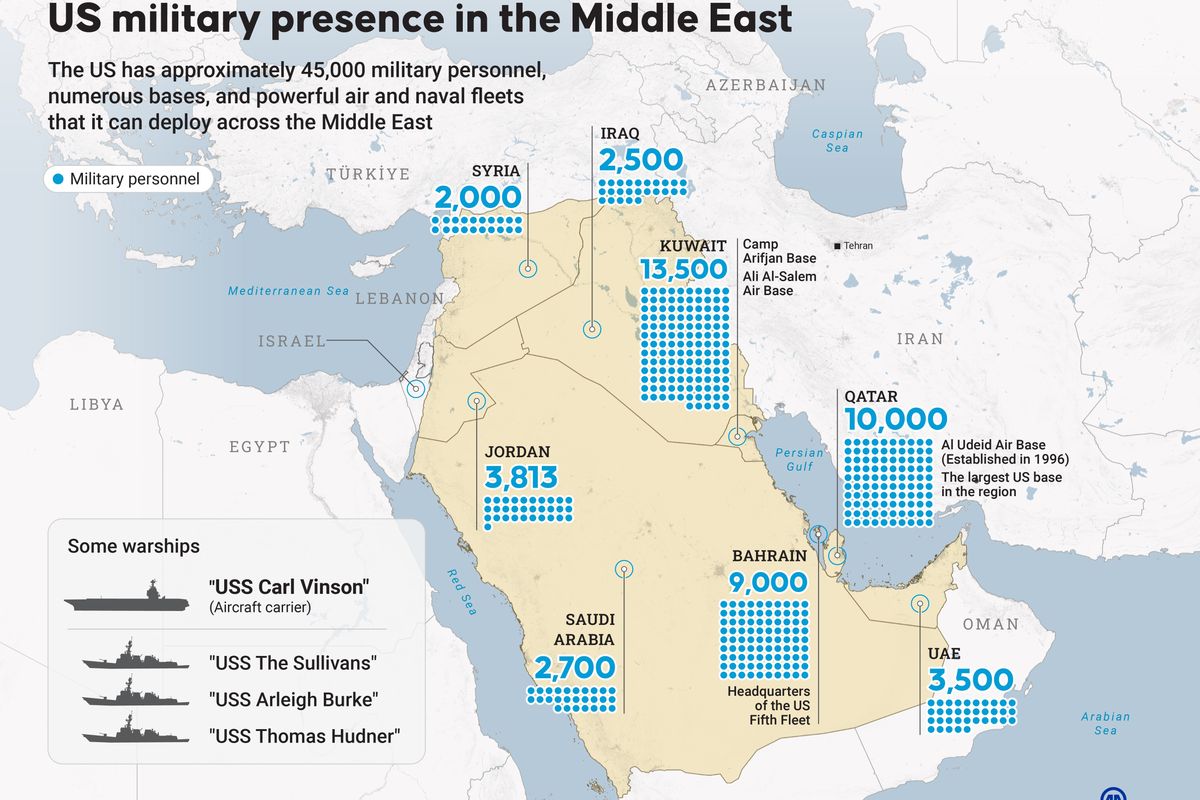The Cipher Brief spoke with Mr. Khush Chosky, Vice President for Turkey and Middle East Affairs at the U.S. Chamber of Commerce, to get his thoughts on the U.S.-Turkey economic relationship.
The Cipher Brief: How would you characterize the current state of the U.S.-Turkish economic relationship, and where do you see things headed in the near-term?
Khush Chosky: The benefits of the U.S.-Turkey economic and commercial relationship are too large to be overlooked. At a time when our governments are prioritizing security and defense cooperation, we see the economic relationship as equally important to unlock the potential of the U.S.-Turkey commercial partnership. Nonetheless, with Turkey seeking alternatives to integrate itself within a future Trans-Atlantic Trade and Investment Partnership (T-TIP) trade bloc, more can and should be done. At one of the lowest bilateral trade volumes in the G-20, the United States and Turkey are underperforming in global trade and investment.
U.S.-Turkey trade volumes have plateaued at $19 billion a year. Since 2013, Turkish exports into the United States have grown, while U.S. exports to Turkey have declined. It is important for Turkey and the United States to stop these recent economic declines by rejuvenating a bilateral economic agenda. While the U.S. business community is encouraged by Turkey's commitment to upgrading its Customs Union with the EU, absent new reforms to catalyze growth, we expect the trade and investment relationship to continue at current levels.
TCB: What can be done to enhance trade between the U.S. and Turkey?
KC: There are a number of things that can be done to reenergize and expand the U.S.-Turkey trade and investment relationship. First off, reducing import tariffs can greatly expand bilateral trade. Incidentally, negotiations around tariffs constitute a large portion of trade discussions. The more progress we can make on these issues now by implementing reforms that will lay the foundation of an eventual trade deal, the better position we will be in to avert any future disadvantages Turkey could face vis-à-vis T-TIP.
Secondly, stronger IP protections can guarantee safer investments, accelerate joint technology projects, facilitate greater capital inflows, attract an increased share of research and development, and more fully integrate Turkey into global value chains. Moreover, there needs to be a clear procurement process in government contracting with relation to infrastructure projects, advanced healthcare system, ICT networks, educational technologies, and aerospace and defense.
The U.S. Chamber of Commerce’s U.S.-Turkey Business Council, along with its partner in Turkey, the Union of Chambers and Commodity Exchanges of Turkey (TOBB), has developed a comprehensive framework and shared vision for expanding U.S.-Turkey trade. To unlock the full potential of this relationship, the framework calls on the U.S. government to more fully engage Turkey as a partner and work toward an equal relationship within the ongoing bilateral economic dialogues and beyond.
Reforms can further align Turkey with U.S. trade and investment standards and begin a valuable conversation on initiating a U.S.-Turkey Free Trade Agreement (FTA).
TCB: Where are the biggest opportunities for western businesses in Turkey?
KC: U.S. investors view Turkey as a dynamic market with long-term positive growth in addition to its strategic location at the crossroads of Europe and Asia. Turkey has much to offer, with major infrastructure projects underway, a vibrant business community, a strong consumer base, and talented human capital. Turkey is home to 1,400 U.S. businesses that hire world-class Turkish employees to lead their regional offices. The country is also a burgeoning marketplace with small and medium enterprises comprising a large share of the Turkish private sector. Turkey is a country of great economic opportunity.
By 2023, Turkey plans to complete 27,500 miles of new roads and 8,500 miles of new rail lines; build new bridges on the Bosporus and the Dardanelles Strait; and construct 16 large-scale logistics centers, a new $10 billion airport in Istanbul, and one of the world’s ten largest seaports. Each of these projects is a highly attractive opportunity for the U.S. private sector, provided Turkey structures its tendering process in a competitive and transparent manner.
TCB: How concerned should western businesses in Turkey be about the threat from ISIS and the security situation in the region?
KC: Of course the security situation in the region is worrisome. However, U.S. investors find that many of the challenges Turkey faces are short-term. Turkey has been a safe and stable country for U.S. businesses for over 50 years. Some of the volatility is simply cyclical.













